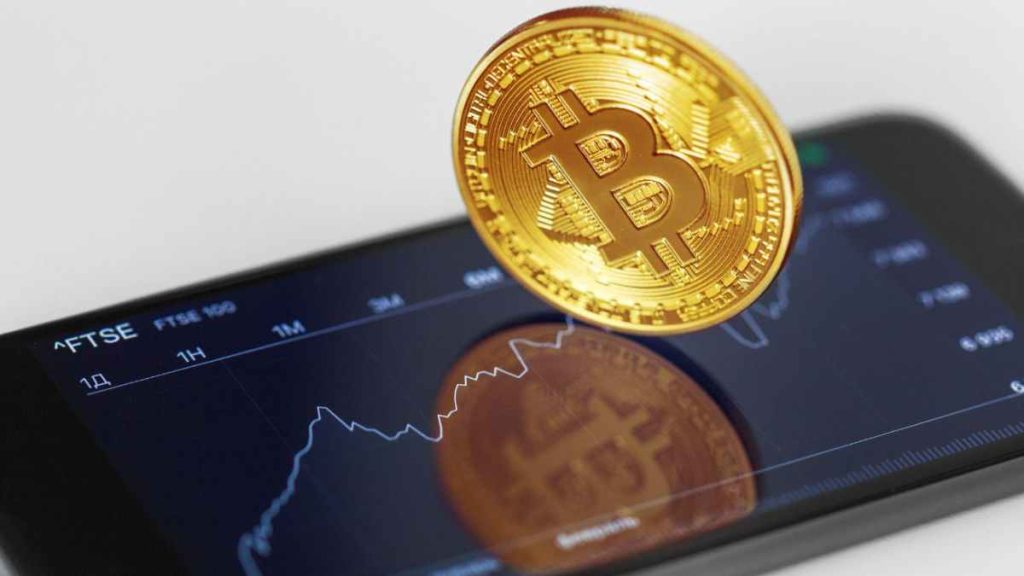The main financial market regulator in the EU, ESMA, issued a warning about the growing interest in Bitcoin from a wide range of investors due to inflation. In Argentina and Turkey, where price growth rates have been showing double-digit levels for several years, cryptocurrencies have long been in high demand.
So, in Argentina, the inflation rate jumped to 58% in April, and in 2020, a selective default occurred in the country – already the ninth in a row.
Because of this, Argentine traders who actively use KuCoin trading bot, demonstrate one of the highest levels of awareness about the crypto industry in Latin America.
According to surveys by the consulting firms Opinaia and Muchnik with a sample of 2,400 people, 90% of respondents had previously heard about cryptocurrency, and 74% of respondents are planning or have already bought cryptocurrency as an investment asset. In terms of the trust, cryptocurrencies are on par with stocks, but below the US dollar, which is traditionally used by Argentines for savings.
A similar situation is observed in Turkey, where inflation has jumped to 70% due to the unconventional monetary policy of Recep Erdogan, nicknamed by financiers “Erdogan”. The Turkish lira has fallen by half against the US dollar in the last year alone.
Demand for cryptocurrencies in Turkey is growing every year, despite Erdogan’s declared “war” on digital assets and increasing regulatory pressure. The Turks are most interested in stable coins, and the USDT/TRY pair occupied a 30% share in their trading activity in winter. According to Triplea, 3% of the total population of about 2.5 million people already own cryptocurrency.
Against the background of 50-70% annual inflation, the drawdown of Bitcoin by 55% from the historical maximum no longer looks so intimidating, while the deflationary mechanism and limited emission suggest a further increase in value in the long term.
The same opinion was reached by the European Securities and Markets Authority (ESMA): the regulator’s statement about the potential flight of investors from traditional assets to cryptocurrencies was made against the background of the publication of preliminary data on inflation in the EU for May, the indicator was a record 8.1%.
The actual reflection of the change of sentiment is recorded in the net weekly inflow of investments in exchange-traded cryptocurrency funds – after several months of reduction, it amounted to an average of $66.5 million in May. Institutional investors showed the greatest interest in Bitcoin with an indicator of $63.4 million.
A number of experts believe that inflation has come to developed countries for a long time, and the US and the EU will not be able to influence it properly for fear of collapsing the economy. In case of insufficient tightening of monetary policy, the emerging trends will continue, which will add Bitcoin’s attractiveness as an insurance against inflation.
It is evident that cryptocurrencies are gaining more and more popularity as a way to hedge against inflation. In countries with high inflation rates, such as Argentina and Turkey, cryptocurrencies have long been in high demand. With inflation rates rising sharply in developed countries as well, it is likely that the trend will continue and that Bitcoin will become even more popular as a way to protect against inflation.

